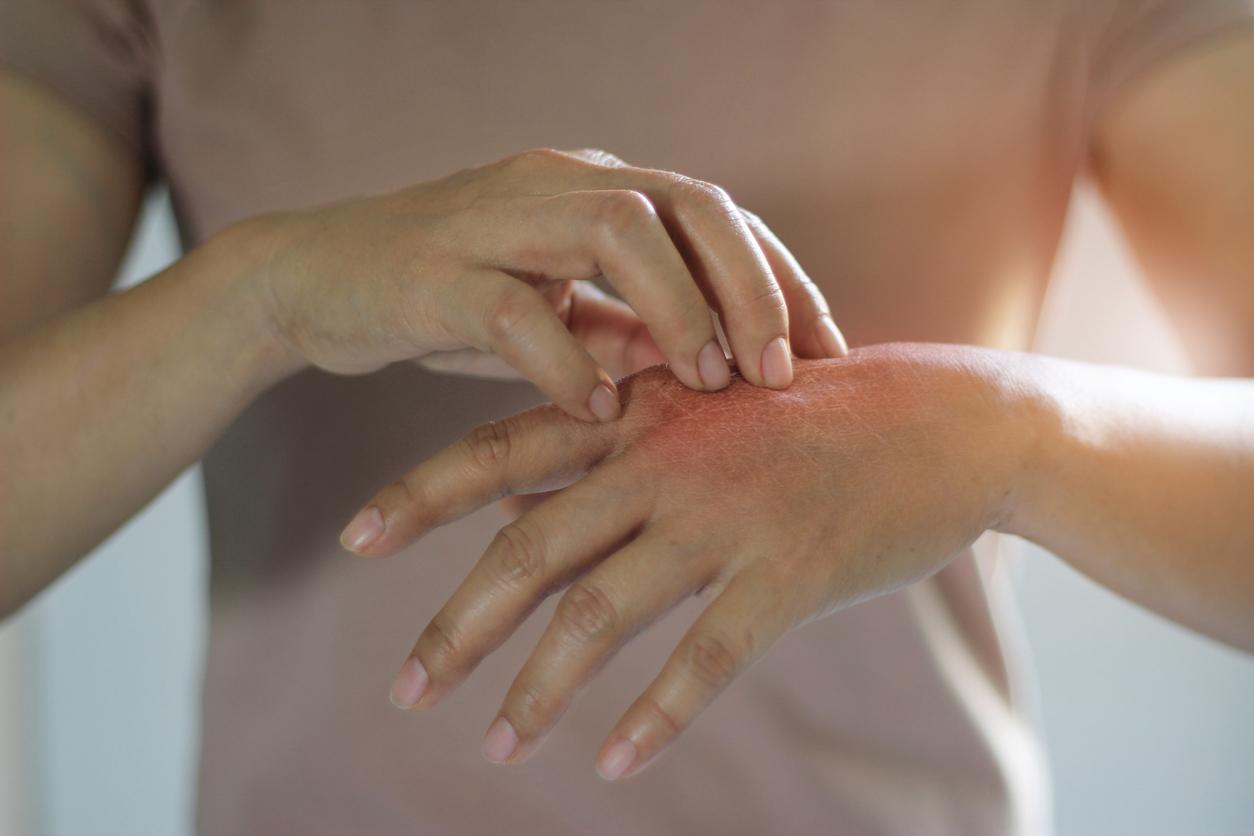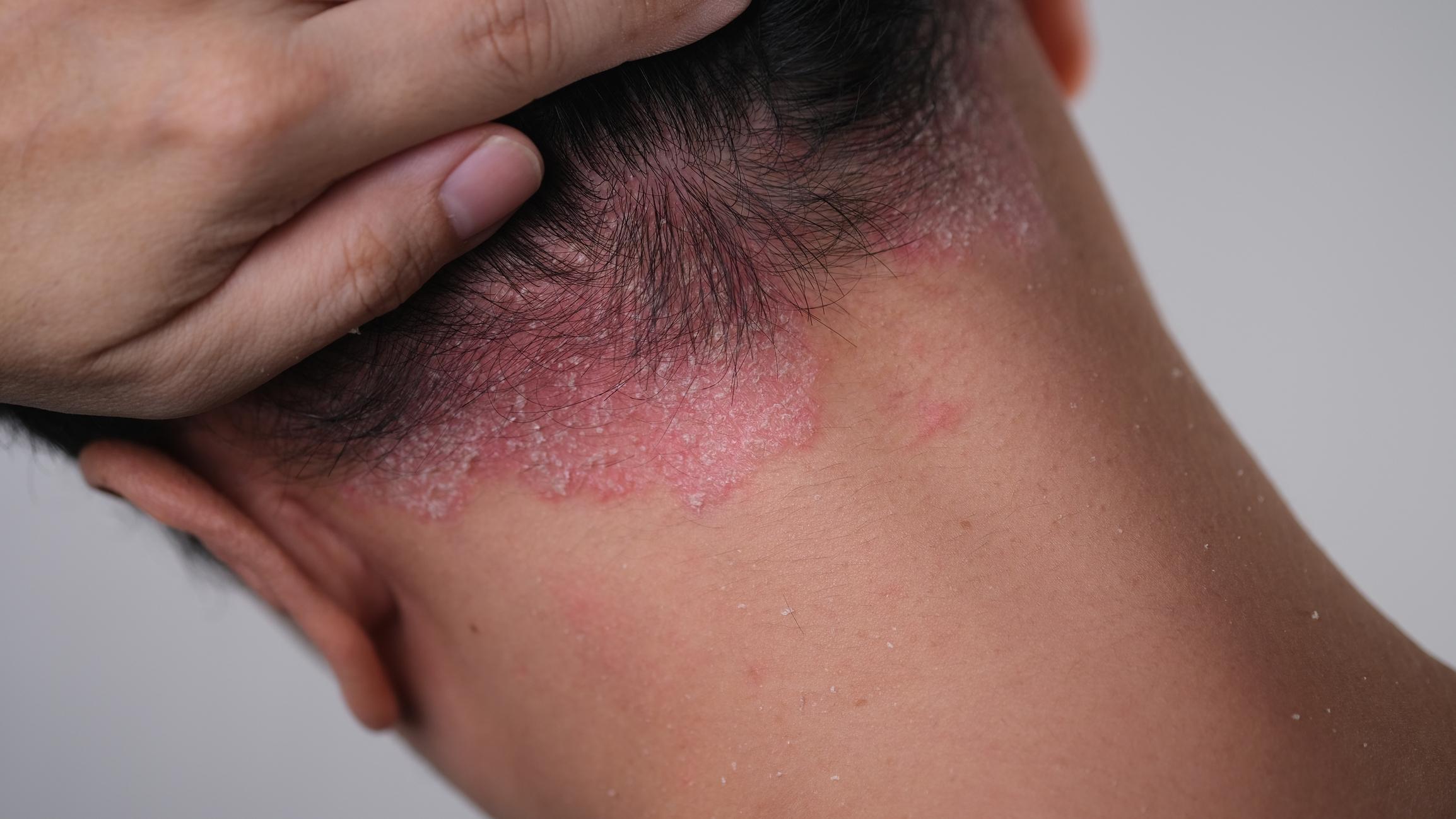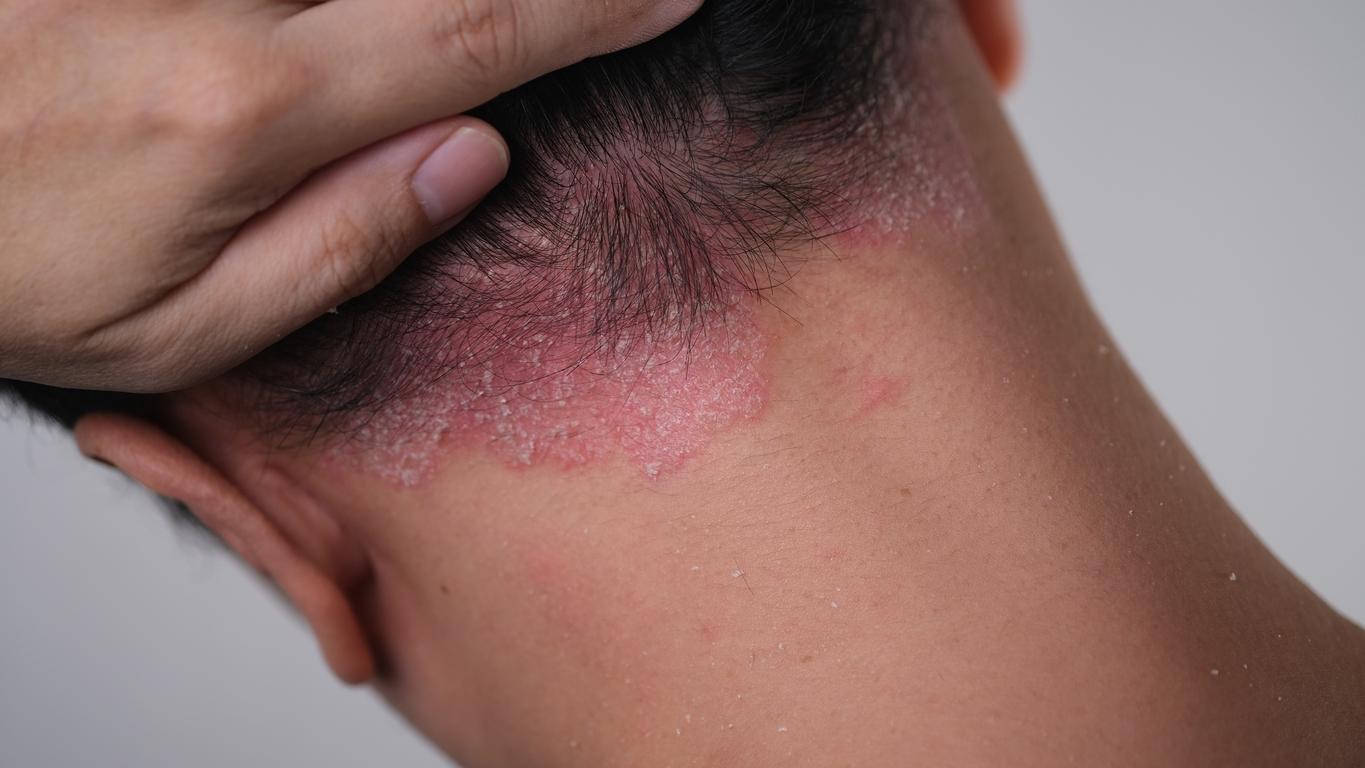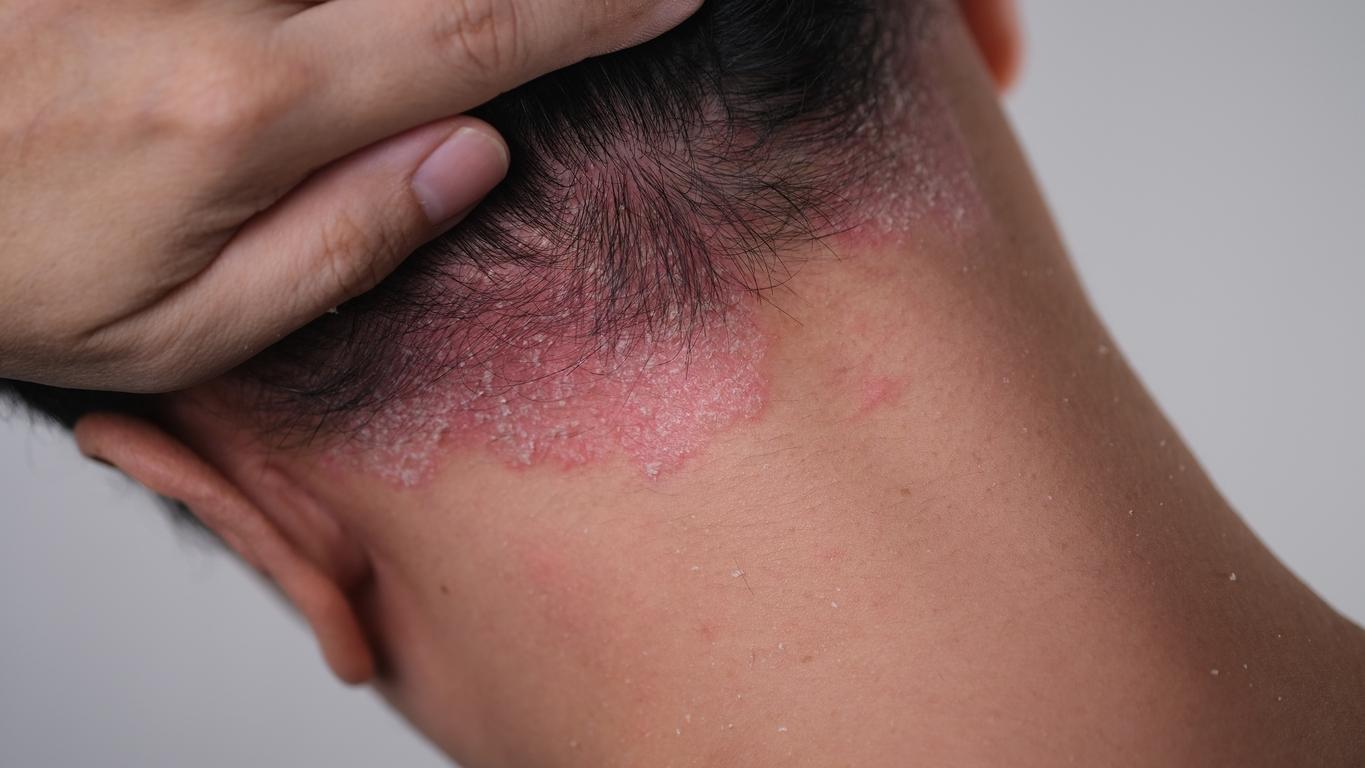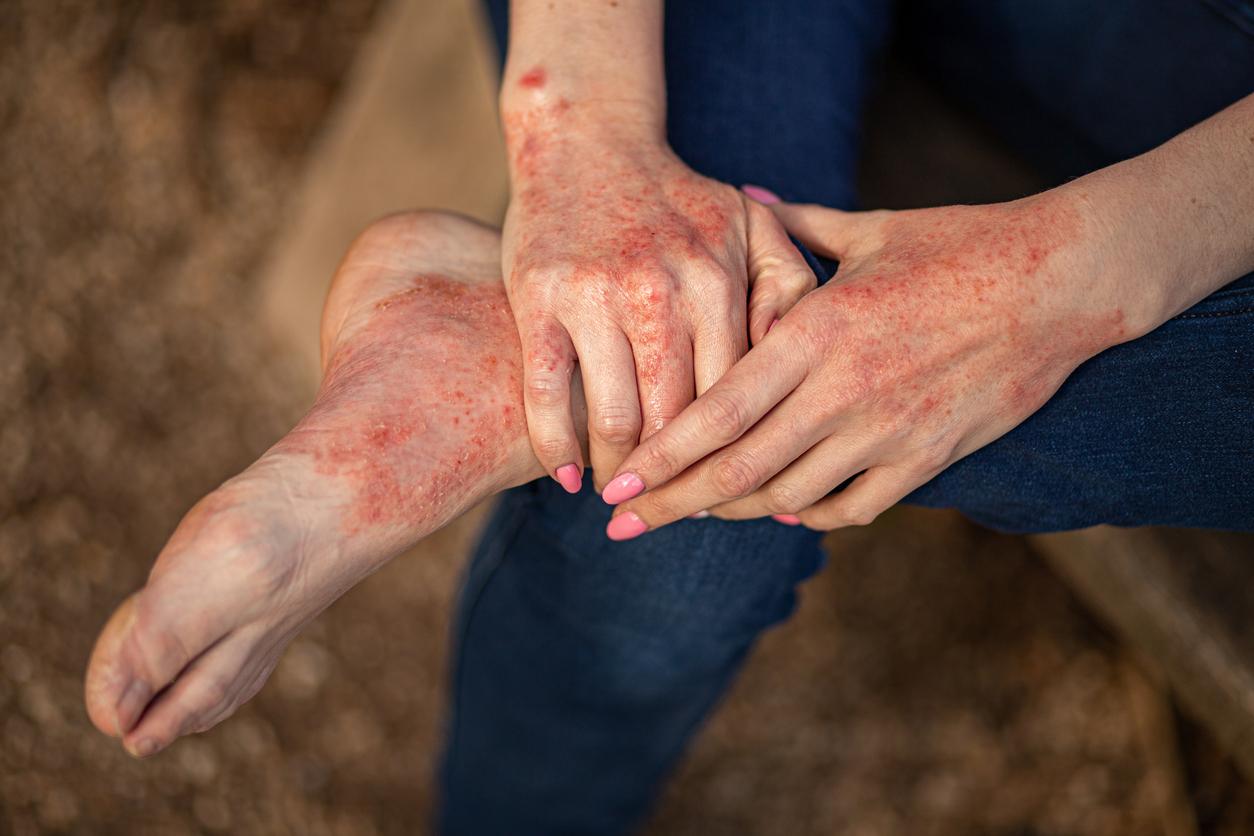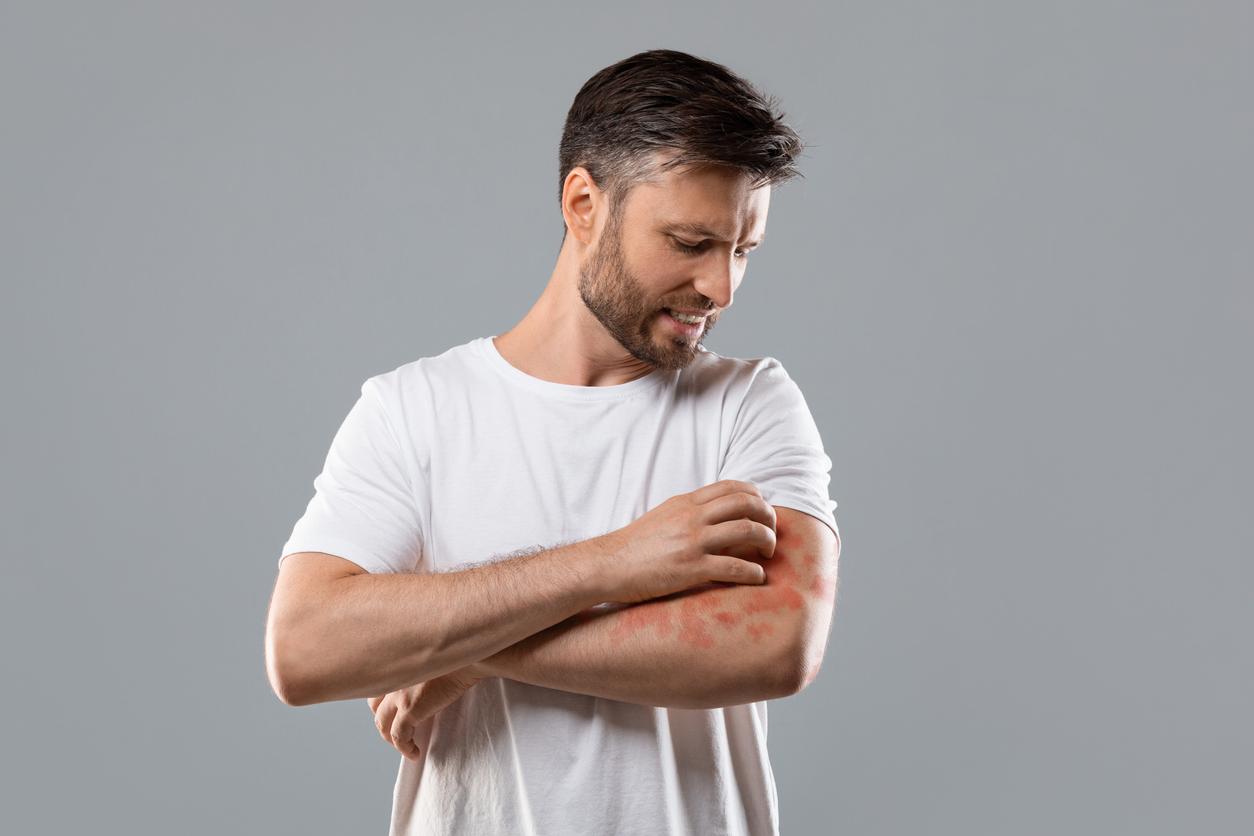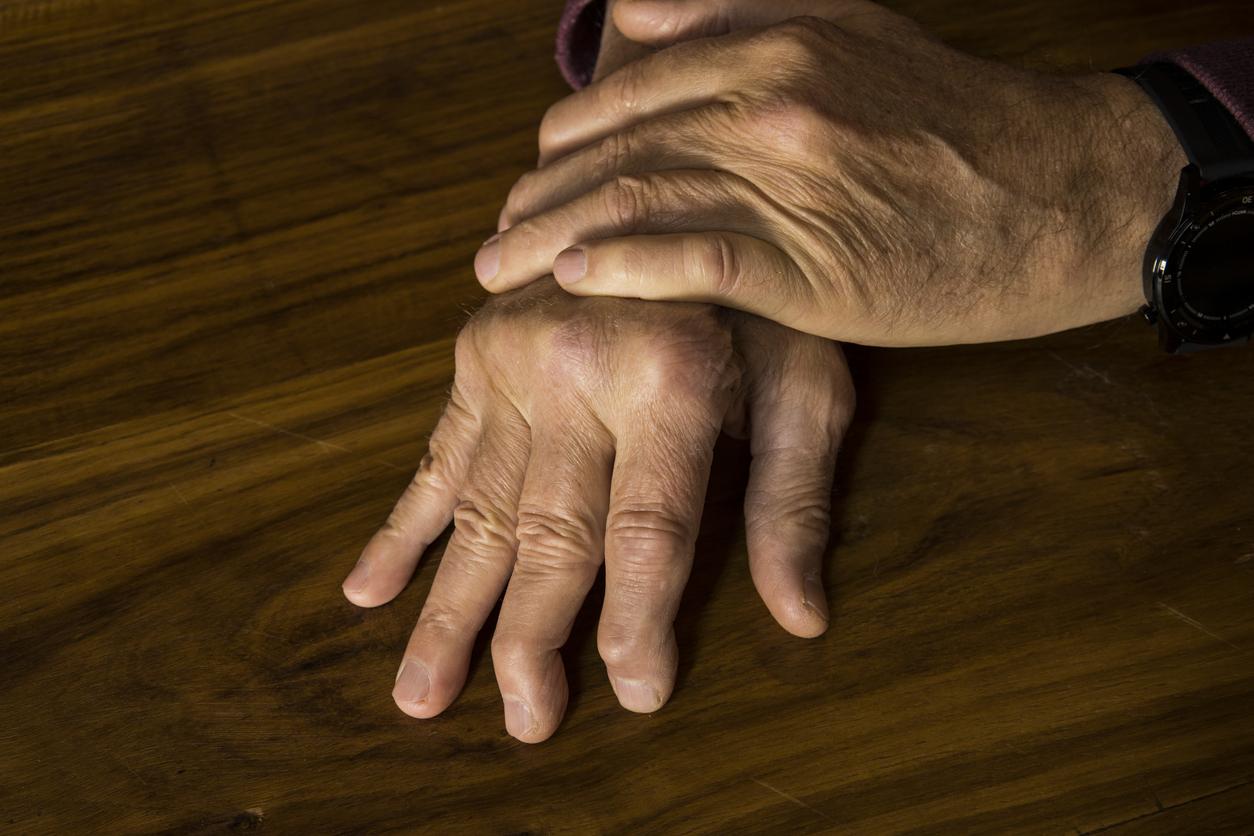According to a survey conducted by pharmacists among 25,000 people with psoriasis, 29% of them do not follow any treatment. Because they think, wrongly, that there are no solutions.

“It’s in my head, anyway we can not do anything”, these preconceived ideas about psoriasis die hard. Pharmacists who took part in an information campaign on this disease have seen it. Over the past two years, 3,000 across France have distributed information kits to patients and asked them to complete a questionnaire, at the request of the France Psoriasis association and the Abbvie laboratory. In the end, 25,000 people responded and the finding is not great. 27% of patients have not consulted for several years, and nearly a third do not follow any treatment. As for patients with severe psoriasis, a quarter cannot be treated. According to Bernard Rouger, pharmacist in the Vaucluse, and one of the first to have participated, patients are fatalistic in the face of a disease whose symptoms are treated, but which cannot be cured.
Bernard Rouger, pharmacist in Vaucluse: “There are a lot of patients who no longer treat themselves because they want results right away. They no longer go to see the dermatologist, and hardly speak to the doctor about it ”
It must be said that for a long time, the treatment was mainly based on the application of creams to be applied morning and evening. Creams that stained clothes and smelled unpleasant.

But over the last ten years or so, much progress has been made, whether in cosmetics, but also in other treatments, underlines Dr Marc Perrussel. This is for example phototherapy, biotherapies, or for more severe forms of cyclosporine and methotrexate.
Dr Marc Perrussel, dermatologist, consultant at Saint-Louis hospital in Paris: “In terms of cosmetics, there has been an improvement in the dosage form. And systemic treatments can improve psoriasis by 75 to 90% “
Hence the importance of informing people with psoriasis, who number nearly 2 million in France, but also the general public. Because this disease is unknown and scares. Many believe it to be contagious. Thus, nearly 4 in 10 French people prefer to keep their distance from a psoriatic patient. However, this is a chronic autoimmune inflammatory pathology. It mainly affects people who are genetically predisposed (family involvement is found in 30 to 40% of cases). But it can be triggered by environmental factors such as infection or stress. What makes some say that it is about a psychosomatic disease. Another misconception to fight.
.









